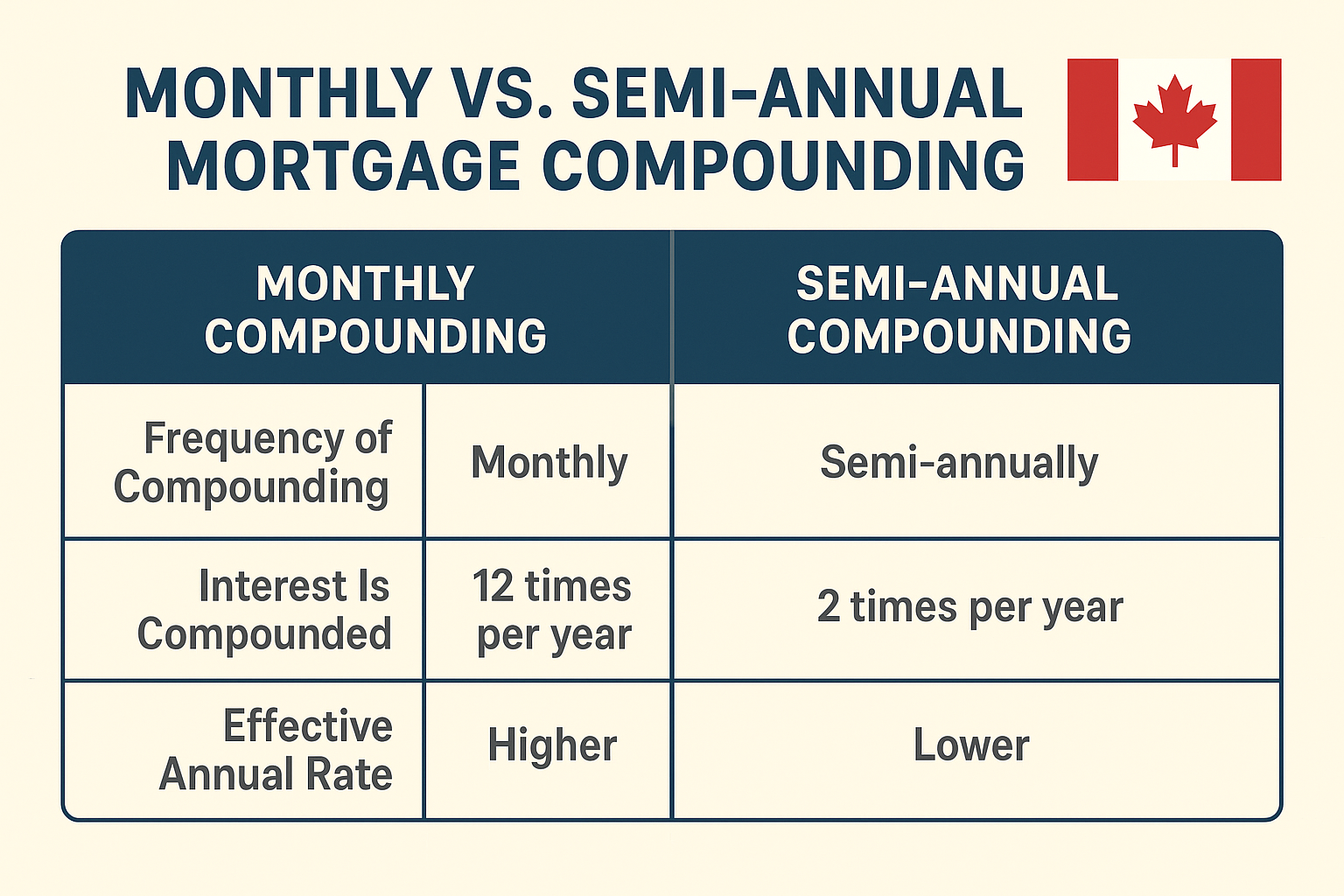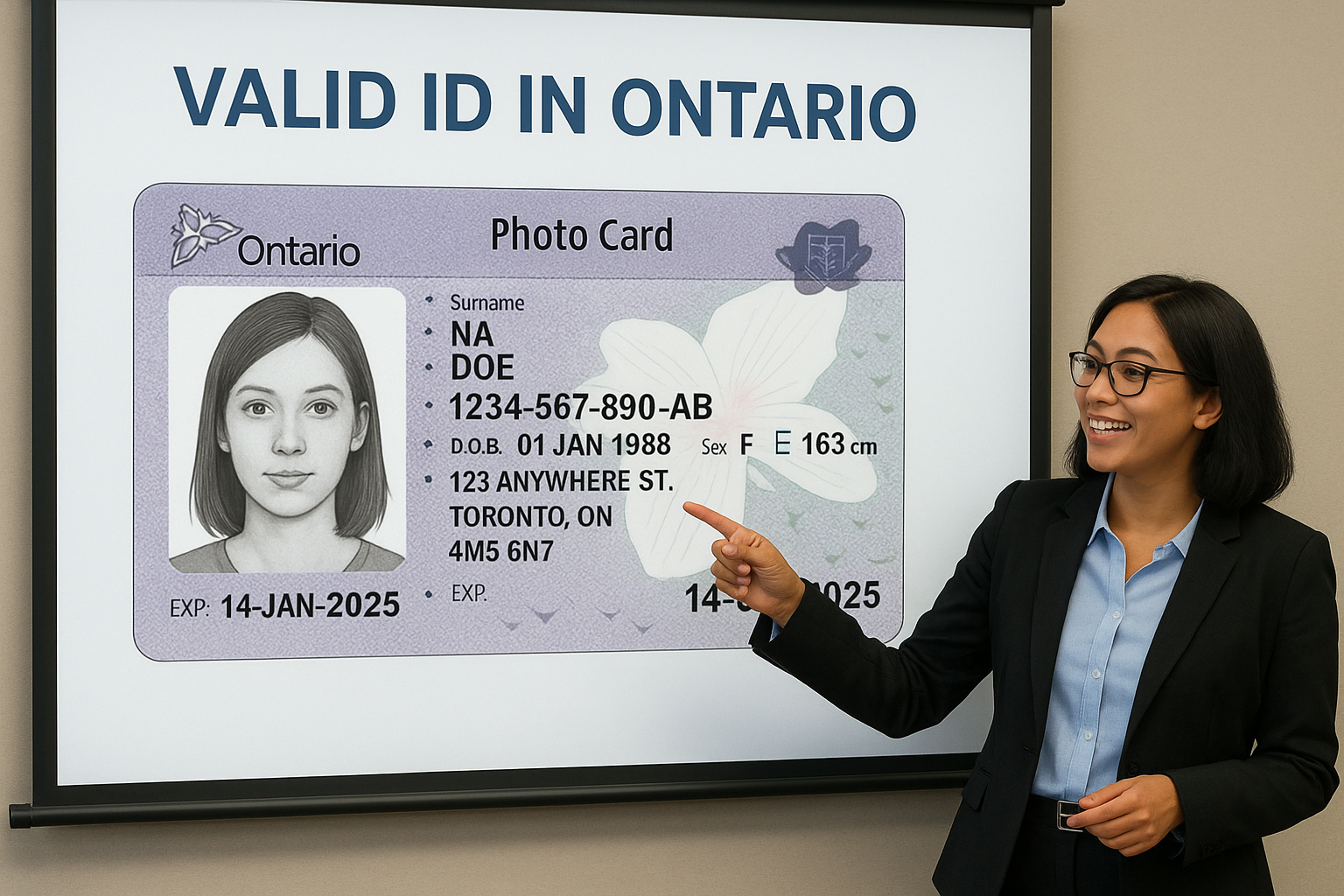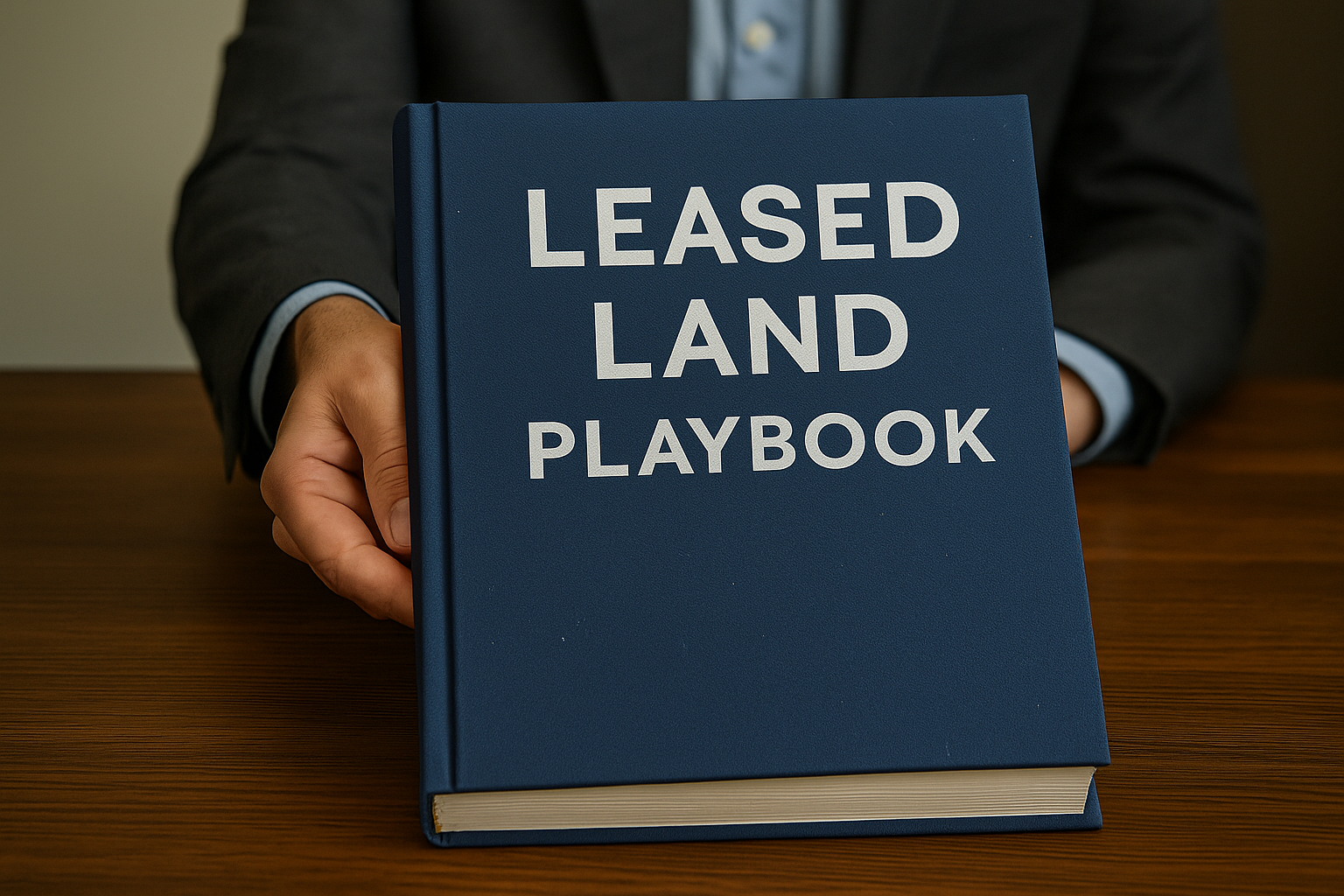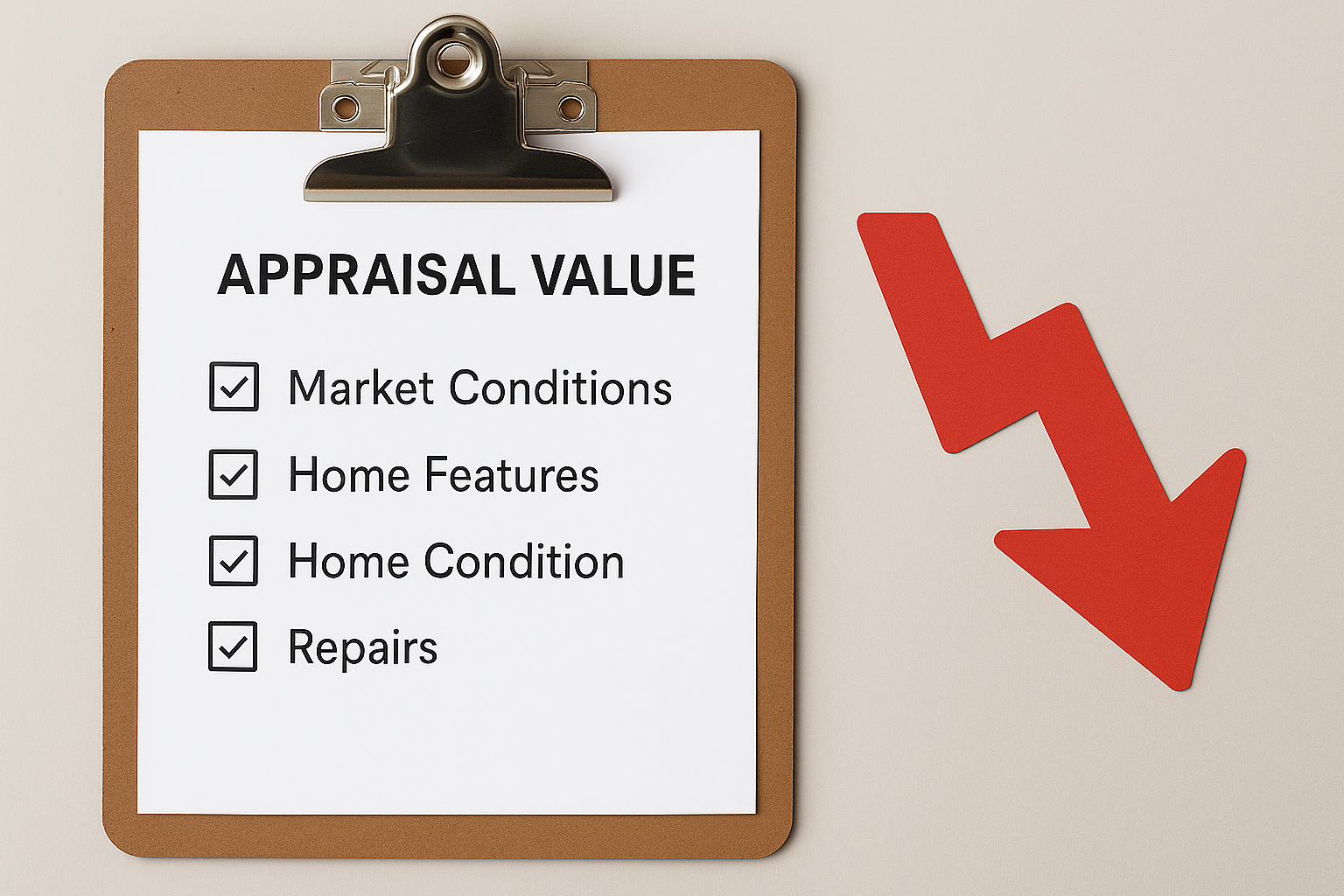Table of Contents
ToggleIntroduction
Trying to refinance a home with no income can be challenging, especially without a steady source of earnings. Many Canadian homeowners face financial hardship due to job loss, self-employment fluctuations, or retirement. Traditional lenders often require proof of consistent earnings, but alternatives exist for those who do not meet standard income verification requirements. This guide explores how refinancing is possible without a traditional income source, what lenders consider, and available options in Canada.
Understanding No-Income Verification Mortgage Options
What Is a No-Income Verification Mortgage?
A no-income verification mortgage allows homeowners to refinance based on their home equity rather than documented income. These loans, often offered by private lenders, require strong credit scores, significant home equity, and proof of financial stability through assets or rental income.
Why Would Someone Need This Option?
- Self-employed individuals with fluctuating income.
- Retirees living on investments or pensions.
- Homeowners between jobs or experiencing financial hardship.
- Borrowers with significant savings but no reported income.
Availability in Canada
Following the 2008 financial crisis, traditional lenders tightened regulations, making it difficult to obtain no-income verification loans. However, private lenders, credit unions, and alternative mortgage providers still offer solutions for borrowers with high equity.
Types of No-Income Verification Refinance Loans
1. Equity-Based Loans
- Approval is based on home equity, not income.
- Homeowners with at least 20% equity can qualify.
- Higher interest rates compared to traditional mortgages.
2. Private Lender Mortgages
- Private lenders focus on home value rather than income.
- More flexible approval process than banks.
- Short-term loan options available.
3. Home Equity Line of Credit (HELOC)
- Revolving credit secured by home equity.
- No fixed income requirement, but lenders may review financial stability.
- Interest-only payments possible, making it manageable for those with limited cash flow.
4. Reverse Mortgages (For Seniors 55+)
- Allows homeowners to borrow against home equity without monthly payments.
- Loan is repaid when the home is sold or the homeowner moves out.
- Available in Canada through lenders like HomeEquity Bank.
Eligibility Criteria and Requirements
1. Home Equity
- Most lenders require at least 20% home equity.
- Higher equity may result in better loan terms.
2. Credit Score
- A credit score above 600 improves chances with private lenders.
- Traditional banks may require a score above 680.
3. Alternative Financial Proof
- Bank statements showing savings or rental income.
- Investment or pension income verification.
Pros and Cons of No-Income Verification Refinancing
Pros:
- Accessibility for those without a steady paycheck.
- Faster approval compared to traditional mortgages.
- No need for detailed employment documentation.
Cons:
- Higher interest rates due to increased lender risk.
- Shorter loan terms may require refinancing again soon.
- Potential for additional fees and higher closing costs.
Steps to Secure a No-Income Verification Refinance
- Assess Your Home Equity – Ensure you have at least 20% equity to qualify.
- Check Your Credit Score – Higher scores improve approval chances.
- Gather Alternative Financial Documentation – Bank statements, investments, and rental income.
- Research Lenders – Compare private lenders and mortgage investment corporations.
- Apply and Review Offers – Evaluate terms, interest rates, and fees before accepting.
Alternatives to No-Income Verification Refinancing
- Mortgage Modification: Request changes to your existing loan terms.
- Co-Signer or Guarantor: A family member with a steady income can help secure approval.
- Government Assistance Programs: Some provincial programs assist struggling homeowners.
Risks and Considerations
- Higher Costs: Interest rates and lender fees may be higher than traditional mortgages.
- Foreclosure Risk: If unable to meet payments, the home could be at risk.
- Impact on Credit Score: Missed payments or high debt levels can lower credit ratings.
FAQ
1. Can I refinance with no income but a high credit score?
Yes, if you have significant home equity and a clear exit strategy.
2. Are private lenders safe for refinancing?
Reputable private lenders follow Canadian lending regulations, but borrowers should review terms carefully with their mortgage broker.
3. What is the minimum home equity needed for refinancing without income?
Most lenders require at least 20% home equity, though some may accept lower with higher interest rates.
4. Can retirees refinance without income?
Yes, retirees can qualify using pension income, investments, or a reverse mortgage.
5. How long does the refinancing process take?
With private lenders, approvals can take a few days to weeks, depending on documentation and home appraisal.
Apply – Refinance with No Income
- Title Insurance: Proven Homeowner Protection in 2025 - July 8, 2025
- ID Requirements for a Mortgage in Ontario: What You Need to Know - July 2, 2025
- Low Appraisals: Steps Canadian Homeowners Can Take - June 27, 2025






